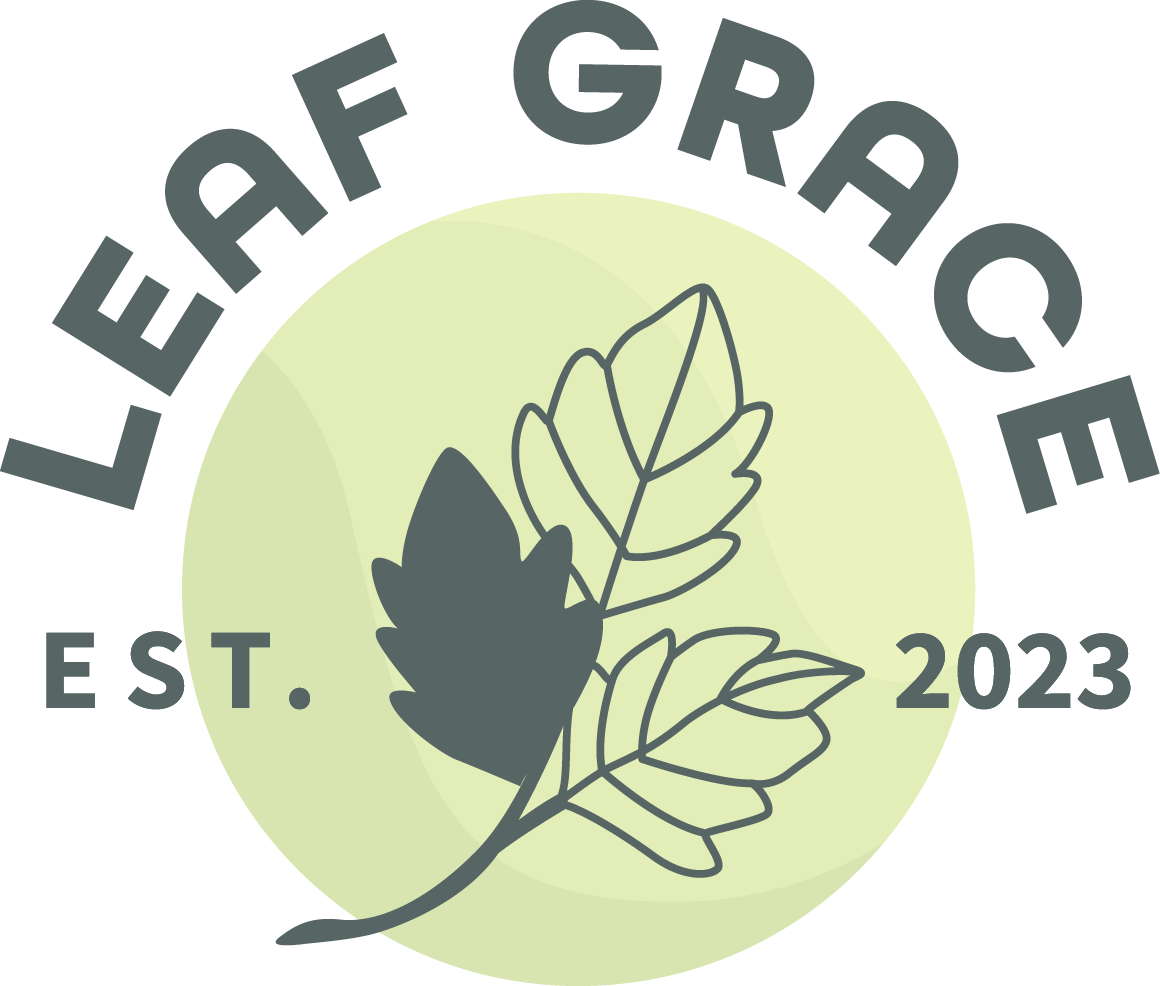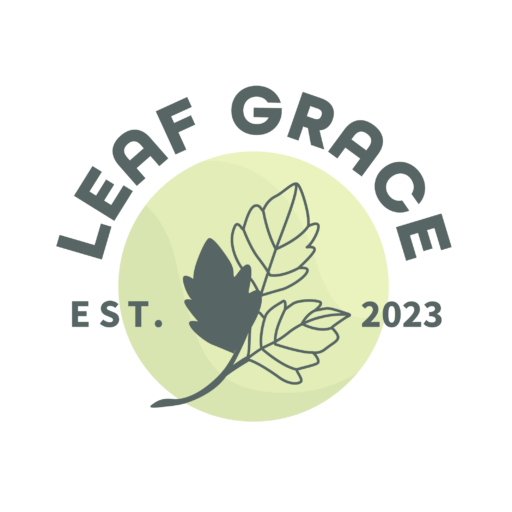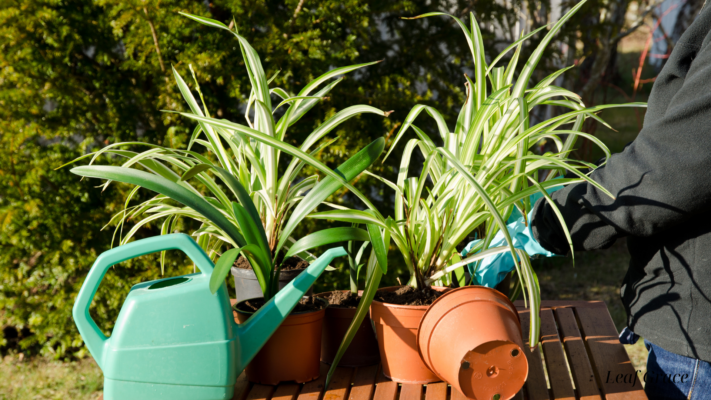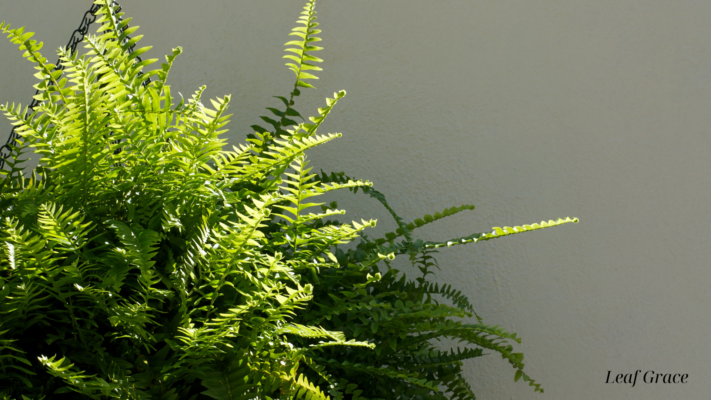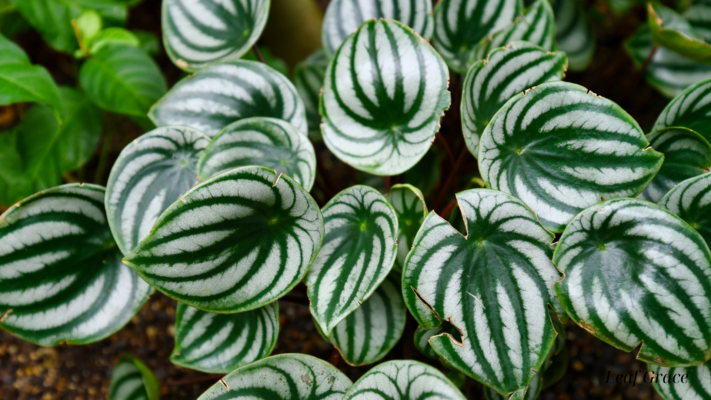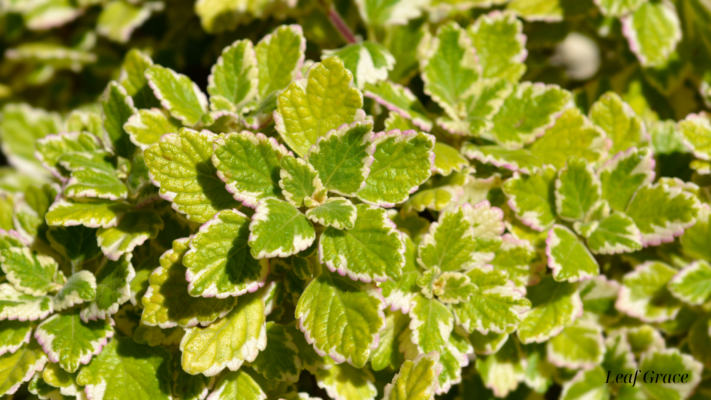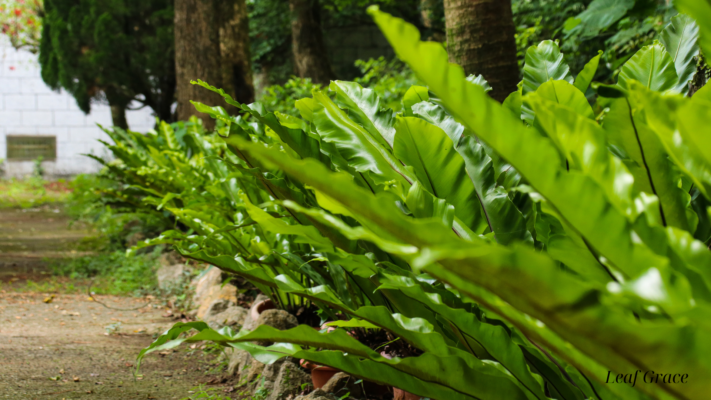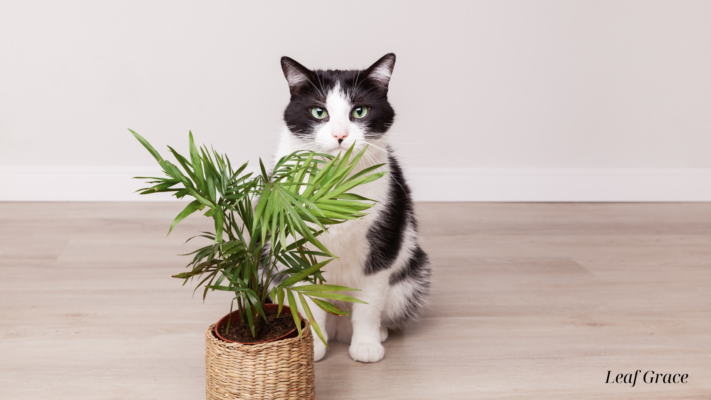As a pet owner, you know the joy that furry friends bring into your home. But did you know that you can enhance that joy by introducing pet-friendly plants into your living space? With the right selection, you can enjoy the beauty of greenery without worrying about the safety of your beloved pets. Let’s go deeper into the world of pet-friendly plants, exploring their benefits, care tips, and the best options for your home.
Why Choose Pet-Friendly Plants?
Benefits of Having Plants in Your Home
Plants are more than just decorative elements; they bring numerous benefits to your home environment. They improve air quality by absorbing toxins and releasing oxygen, creating a healthier indoor atmosphere. Plants can also boost your mood, reduce stress, and increase productivity.
Importance of Choosing Safe Plants for Pets
When you share your home with pets, their safety is paramount. Many common houseplants can be toxic to cats and dogs, leading to severe health issues if ingested. By choosing pet-friendly plants, you can enjoy the greenery without worrying. These plants are non-toxic and safe for your furry companions, ensuring a harmonious and healthy living space.
Avoiding Toxic Plants That Can Harm Your Furry Friends
It’s essential to be aware of toxic plants and avoid them. Some popular but dangerous plants include lilies, philodendrons, and certain types of ivy. By educating yourself on safe alternatives, you can prevent accidental poisonings and keep your pets happy and healthy.
Top 5 Pet-Friendly Plants
1. Spider Plant (Chlorophytum comosum)
Spider plants are not only non-toxic to pets but also excellent air purifiers. Their arching leaves and spider-like offshoots add a unique touch to any room. They thrive in indirect light and require minimal care, making them perfect for busy pet owners.
2. Boston Fern (Nephrolepis exaltata)
Boston ferns are lush and vibrant, adding a touch of elegance to your home. They prefer high humidity and indirect light, making them ideal for bathrooms or humidified spaces. Plus, they are safe for both cats and dogs.
3. Peperomia (Peperomia spp.)
Peperomia plants come in various shapes and colors, offering plenty of aesthetic options. These low-maintenance plants thrive in indirect light and don’t need frequent watering. Their non-toxic nature makes them a great choice for homes with pets.
4. Swedish Ivy (Plectranthus verticillatus)
Swedish Ivy is known for its trailing vines and rounded leaves. It grows well in bright, indirect light and requires regular watering. This plant is pet-safe and can be a charming addition to your collection.
5. Bird’s Nest Fern (Asplenium nidus)
With its broad, wavy leaves, the Bird’s Nest Fern brings a tropical vibe to your home. It thrives in low to medium light and high humidity. Safe for pets, this fern is both attractive and easy to care for.
Benefits of Each Plant
Air-Purifying Properties
Many pet-friendly plants, like the Spider Plant and Boston Fern, are excellent at purifying the air. They remove toxins such as formaldehyde and benzene, creating a healthier living environment for you and your pets.
Low Maintenance Requirements
Pet-friendly plants like the Peperomia and Bird’s Nest Fern are perfect for those with busy schedules. They require minimal care, making it easy to enjoy their beauty without a lot of effort.
Aesthetic Appeal
From the vibrant leaves of the Boston Fern to the unique structure of the Bird’s Nest Fern, pet-friendly plants offer a wide range of aesthetic options. They can enhance any room’s decor while ensuring your pets’ safety.
Pet-Safe and Non-Toxic
The most significant benefit of these plants is their safety. You can have peace of mind knowing that your pets can explore and interact with these plants without any risk of poisoning.
Caring for Your Pet-Friendly Plants
Watering and Light Requirements
Different plants have different needs. Most pet-friendly plants thrive in indirect light and prefer their soil to dry out between waterings. It’s crucial to research each plant’s specific requirements to ensure they stay healthy.
Proper Soil and Fertilization
Using the right soil and fertilizing appropriately can help your plants thrive. For most pet-friendly plants, a well-draining potting mix and balanced fertilizer will suffice.
Pruning and Repotting
Regular pruning keeps your plants healthy and encourages new growth. Repotting is necessary when plants outgrow their containers, usually every 1-2 years.
Common Plant Problems and Solutions
Keep an eye out for common issues like pests, yellowing leaves, and root rot. Addressing these problems early ensures your plants remain healthy and vibrant.
Where to Find Pet-Friendly Plants
Local Nurseries and Garden Centers
Local nurseries often have knowledgeable staff who can help you choose the best pet-friendly plants for your home. Supporting local businesses is also a great way to find unique plant varieties.
Online Retailers
Many online retailers specialize in houseplants and offer a wide selection of pet-friendly options. They often provide detailed care instructions and deliver plants directly to your door.
Pet Stores Specializing in Plants
Some pet stores also carry a selection of non-toxic plants, making it easy to find safe options while you shop for your pets’ needs.
Conclusion
Pet-friendly plants offer numerous benefits, from improving air quality to adding beauty to your home. By choosing non-toxic plants, you can create a safe and harmonious environment for both your pets and yourself. Explore the world of pet-friendly plants and discover the joy of having a pet-safe, green oasis in your home.
FAQs
What Are the Most Common Signs of Plant Poisoning in Pets?
Common signs include vomiting, diarrhea, drooling, lethargy, and changes in appetite. If you notice any of these symptoms, contact your veterinarian immediately.
What Should I Do If My Pet Ingests a Poisonous Plant?
Seek veterinary care immediately. Bring a sample of the plant or its label to help the veterinarian identify the toxin and provide appropriate treatment.
Are There Any Pet-Friendly Plants That Also Purify the Air?
Yes, many pet-friendly plants like the Spider Plant, Boston Fern, and Baby Rubber Plant are known for their air-purifying properties.
Where Can I Find More Information About Pet-Friendly Plants?
You can consult resources like the ASPCA website, local nurseries, or online plant retailers for detailed information on pet-friendly plants and their care requirements.
“The best remedy for those who are afraid, lonely or unhappy is to go outside, somewhere where they can be quite alone with the heavens, nature and God.” – Anne Frank
Explore the wonderful world of pet-friendly plants and transform your home into a beautiful, safe haven for you and your furry friends. Happy planting!
